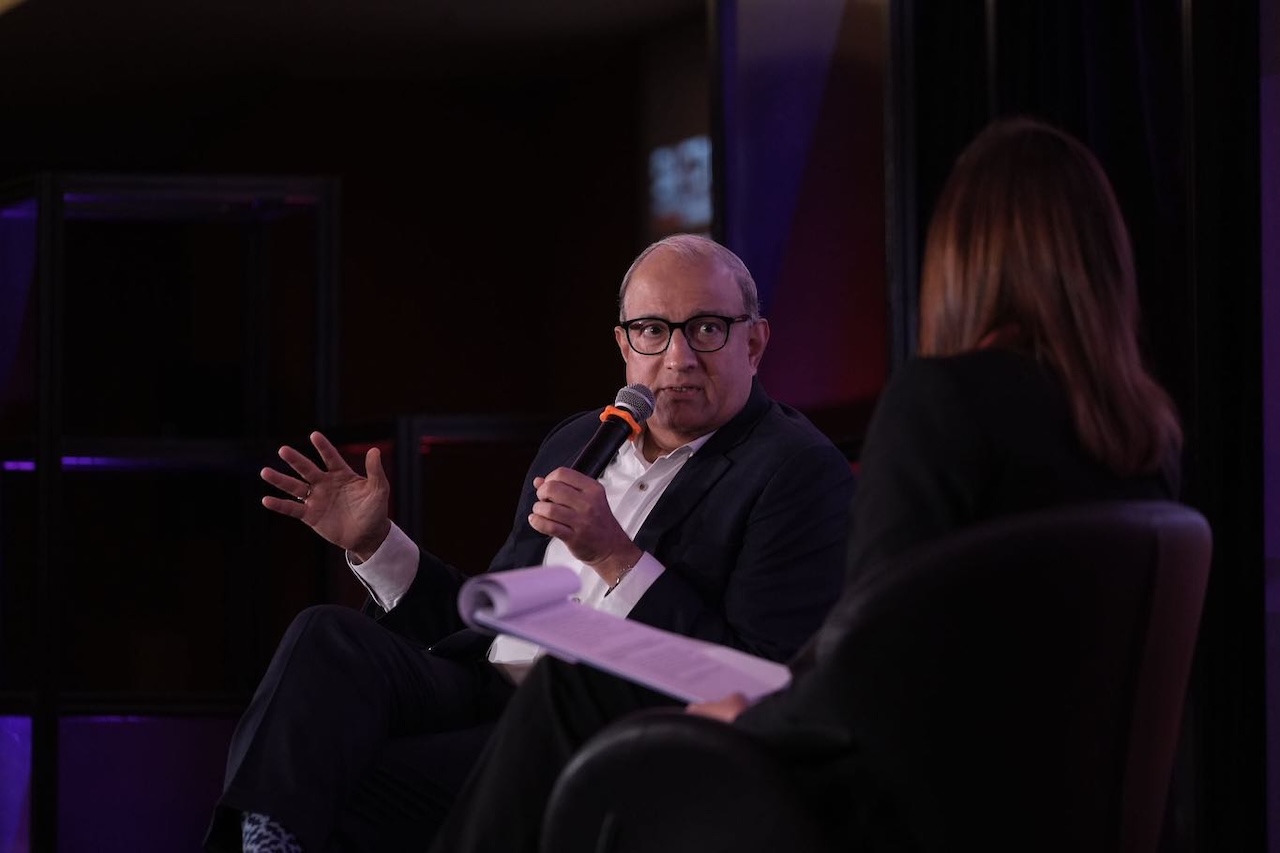Top image: S Iswaran / Facebook
All is quiet outside the High Court. No members of the public are waiting at the crack of dawn for tickets to the Iswaran show. International media outlets, however, are having a field day, jumping at the opportunity to report the high-profile case of a political scandal—albeit a very anti-climatic one—in a country that boasts “squeaky clean governance”.
With Iswaran now sentenced to a prison term far exceeding what prosecutors sought, the public is left with more questions than answers. What exactly constitutes corruption? Why didn’t Iswaran, earning a substantial ministerial salary, just pay his way? How will he cope in jail without his usual diet of musical theatre and football matches?
More critically, how will this scandal affect Singaporeans’ trust in political figures as the General Election approaches?
Some joked that they’d rather have him back as the Minister of Transport, especially after the train service disruptions of late. Many others made it clear that a year in prison isn’t enough as it’s a case of trust and public confidence. Most demand that the powers that be call a spade a spade and officially label Iswaran’s case as one of corruption.
RICE explores how Iswaran’s sentencing impacts Singaporeans, their renewed perspectives on political transparency and ethics, and if they think one rotten egg ruins the whole basket.
“I’m still amazed he chose to accept these ‘gifts’. The minister gets millions of dollars in salary, yet he still cannot afford these gifts? I’m definitely surprised by the low value [in comparison to global corruption] of freebies that he accepted. Apparently, he succumbed to greed.”
— Guy, 32
“I’m relieved that the judge rejected several of the defence’s arguments when considering sentencing. This case has extreme public interest.
The moment the prosecution dropped the corruption charges, my social feed was filled with disdain about the system. No doubt Iswaran and his team will appeal against the judgement, but for now, my faith in justice in Singapore is slightly restored.”
— Yong, 35
“He deserves the 12 months. A senior government official at that ministerial level, and he didn’t declare these things? Who’s falling for that? Maybe he deserves even more jail time.
But I don’t think it’s a corruption case. Obstruction of justice, on the other hand—definitely. The way he immediately paid for his flight back from Doha when he found out his friend was getting investigated? Sus.”
— Sufi, 31
“The first feeling I had was disappointment, but I wasn’t too surprised. It did make me wonder how many more of these cases are happening without us knowing—but it is a good reminder that politicians are only human and can fail us. It also highlights the importance of having transparency and accountability, as well as balanced governance where opposing voices are heard.
I thought the sentencing was fair, especially considering Iswaran’s high position and the overall harm to public trust. But it’s overall a ‘one bad apple’ kind of situation. My faith in the government isn’t very shaken as of yet. I’m heartened that cases like these are not swept under the rug and made public.”
— Grace, 30

“The punishment should have been harsher. Not because of the severity of the crimes but because he took office knowing that the bar set for officials in this country is zero tolerance for corruption. That’s why we agreed to all these near ridiculous salaries and benefits that Ministers get, because that’s what we were promised by our founding fathers. We reward our politicians highly so that they’re incorruptible.
If he were Minister in a nation struggling with graft, I wouldn’t bat an eyelid. But to be in this country means you have to be able to withstand temptation at the very least.”
— Jesper, 33
“Lesser men have been punished more for lesser crimes.
In the past couple of years, there have already been a few scandals in the ruling party. Extramarital affairs, allegations of corruption, to the Ridout saga. You can’t blame us if our faith in the transparency of the ruling party has been shaken.”
— Fas, 33
“It must’ve been a bit of a headache for the ruling government to handle this, so honestly, I’m just relieved this case even came to light. Whether we think the sentence is too harsh or too soft, the real damage to Iswaran is his reputation. He’ll always have that bribery stain on him, even after he’s out of jail.
What’s interesting is that this case only surfaced because Iswaran’s name popped up in a separate investigation. Makes you wonder though—how many other cases of ‘gratification’ slip under the radar?”
— James, 29






